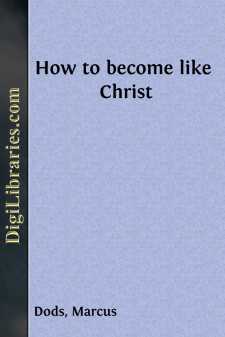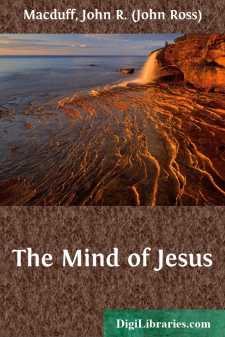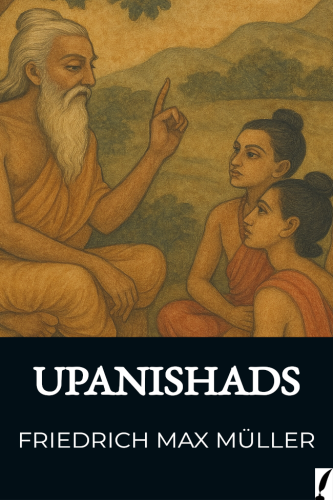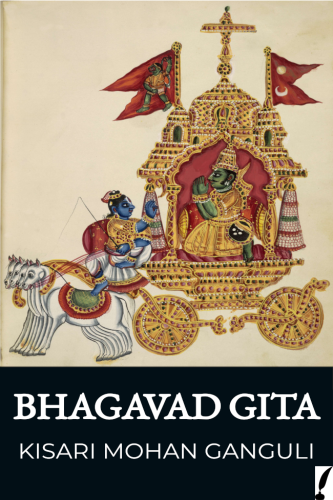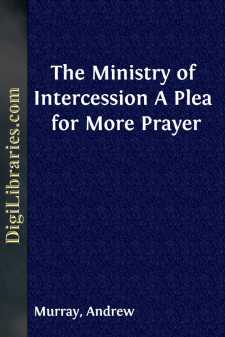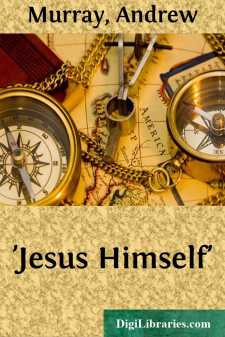Religion
- Agnosticism 2
- Antiquities & Archaeology 21
- Atheism 12
- Biblical Criticism & Interpretation 15
- Biblical Meditations 3
- Biblical Reference 1
- Biblical Studies 11
- Buddhism 8
- Christian Church 52
- Christian Education 5
- Christian Life 26
- Christianity 60
- Cults 2
- Devotional 6
- Eastern 2
- Education 4
- Eschatology 1
- Ethics 3
- General 60
- Gnosticism 1
- Hinduism 15
- History 28
- Holidays 10
- Inspirational 1
- Islam 8
- Judaism 3
- Leadership 1
- Meditations 3
- Monasticism 1
- Mysticism 11
- Philosophy 4
- Prayer 26
- Prayerbooks 5
- Religion & Science 12
- Sermons 54
- Spirituality 53
- Theism 2
- Theology 17
- Theosophy 15
Religion Books
Sort by:
by:
Devotion Inc.
31 Days of Reverence – Living a Godly, Disciplined, and Successful Life is a powerful devotional guide that helps believers grow in faith, discipline, and spiritual success. With 31 daily readings grounded in Scripture, this book inspires you to live with reverence for God, build consistent spiritual habits, and pursue a life of purpose and excellence. Perfect for anyone seeking daily devotionals,...
more...
by:
Marcus Dods
HOW TO BECOME LIKE CHRIST. "But we all, with unveiled face reflecting as a mirror the glory of the Lord, are changed into the same image from glory to glory, even as by the Spirit of the Lord."—2 COR. iii. 18 (Revised Version). I suppose there is almost no one who would deny, if it were put to him, that the greatest possible attainment a man can make in this world is likeness to The Lord...
more...
by:
William Evans
I. HIS EXISTENCE. 1. TAKEN FOR GRANTED BY THE SCRIPTURE WRITERS: It does not seem to have occurred to any of the writers of either the Old or the New Testaments to attempt to prove or to argue for the existence of God. Everywhere and at all times it is a fact taken for granted. "A God capable of proof would be no God at all" (Jacobi). He is the self-existent One (Exod. 3:14) and the Source of...
more...
by:
DadaBhagwan
Those seeking to lead a spiritual life may become curious as to what is ahimsa (non violence), and inspired to practice it. But understanding how to live in non violence is not as simple as it seems, and practicing no violence in daily life can quickly become bewildering. To someone just beginning to cultivate non-violence, daily interactions might even begin to feel like the very definition of...
more...
The Mind of Jesus! What a study is this! To attain a dim reflection of it, is the ambition of angels—higher they can not soar. “To be conformed to the image of His Son!”—it is the end of God in the predestination of His Church from all eternity. “We shall be like Him!”—it is the Bible picture of heaven! In a former little volume, we pondered some of the gracious Words which proceeded out...
more...
We are honoured to publish Friedrich Max Müller's translation of the Upanishads as a free EPUB edition. This translation was originally published in 1900 as part of the Sacred Books of the East series, which is now in the public domain. The Upanishads are the heart of Hinduism. These texts are not only the concluding parts of the holy Vedas but also their philosophical culmination. Vedānta...
more...
It is with great pleasure and reverence that we present this free EPUB edition of the Bhagavad Gita, translated by the distinguished Kisari Mohan Ganguli. This timeless scripture, which forms chapters 25-42 of the sixth Parva (Bhishma Parva) of the Mahabharata, stands as a cornerstone of spiritual literature, offering profound insights into the nature of duty, righteousness, and the eternal truths of...
more...
by:
Andrew Murray
THE MINISTRY OF INTERCESSION Thereis no holy serviceBut hath its secret bliss:Yet, of all blessèd ministries,Is one so dear as this?The ministry that cannot beA wondering seraph’s dower,Enduing mortal weaknessWith more than angel-power;The ministry of purest loveUncrossed by any fear,That bids us meet At the Master’s feetAnd keeps us very near.God’s ministers are many,For this His...
more...
I.—INTRODUCTION. Perhaps the most striking characteristic of the life of David is its romantic variety of circumstances. What a many-coloured career that was which began amidst the pastoral solitudes of Bethlehem, and ended in the chamber where the dying ears heard the blare of the trumpets that announced the accession of Bathsheba's son! He passes through the most sharply contrasted conditions,...
more...
by:
Andrew Murray
"Jesus Himself." Their eyes were opened, and they knew Him. " I THE words, from which I want to present a simple message, will be found in the Gospel according to St. Luke, the 24th chapter and the 31st verse: "And their eyes were opened, and they knew Him." Some time since, I preached a sermon with the words "Jesus Himself" as the text; and as I went home I said to those...
more...



